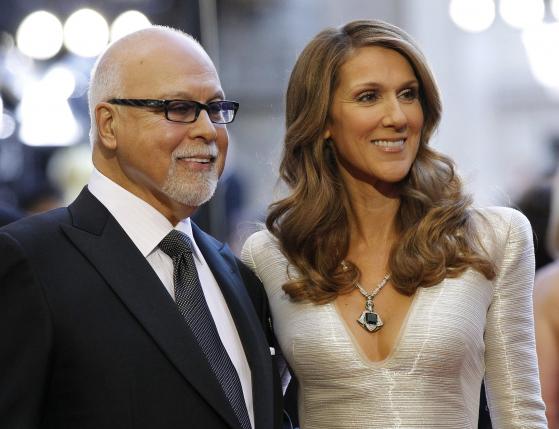
For many people, the only quotation they may know from Shakespeare is Hamlet’s famous contemplation, “To be or not to be; that is the question.” In the end Hamlet decided to “Let be” — he would not force events but he would simply see what developed. Some people might consider such an approach to life as unhelpful, having no competitiveness. When we consider competition, however, the question today may be slightly different: FB, AB, TB or PB; that is the question.
by Tim Middleton
Some statistics show that 1,15 billion people use Facebook (FB), each day; that is a phenomenal amount! FB is about communication more than competition; it is about relationships more than results. People like to stay connected and be wanted so they ask others to share “likes” and be tagged. It is how some people approach competition, as many people do not like competition and do not want to promote it. Many feel that it is harmful as it can make people feel bad when they lose. Their view is that everyone must be a winner, everyone must get a rosette, to feel good about themselves, so if losing makes people feel bad then we should get rid of winning and losing — they fail to see that the answer is to train people to handle loss. Similarly, other people see competition as they see FB — the more people who like us, the more successful we are. Competition in reality television now is determined by how many people phone in, not by who does the best.
However, the reality is that the world is competitive, not simply in sport but in business — not everyone is offered the same job, not everyone wins. We have to understand that competition is good; it can be healthy and productive. AB De Villiers (known by any cricket fan simply as AB) is one of the modern games’ most successful cricketers, described as “a 360-degree batsman who can hit any ball, anywhere, against any bowler” who holds many batting records, including the world’s fastest ODI 50, 100 and 150 — he is competitive! However, he understands the value and place of competition. After a huge win against India in India, he commented that “It’s not always about the result, it’s about representing the country in a proud manner.” On another occasion (this time a loss) he said, “Unfortunately, we couldn’t pull through with the win but I enjoyed it very much and hopefully I’ll play for many years to come.” When asked for advice, his comment was: “Be prepared to get out.”
Steve Hansen, the All Blacks rugby coach, having just seen his team lose a major rugby match against the British and Irish Lions this past week, echoed AB’s thinking when he reflected that, “Competition is good for everyone because it forces everyone to have to improve.”
At the same time we need to understand that competition can be like TB — competition can become a disease and can be dangerous to our health and very being. It can have a crippling effect on our life. Albert Einstein said that “The crippling of individuals I consider the worst evil of capitalism. Our whole educational system suffers from this evil. An exaggerated competitive attitude is inculcated into the student, who is trained to worship acquisitive success as a preparation for his future career.” The key words here are “exaggerated”, “worship” and “acquisitive”; competition needs to be managed, handled, treated wisely and correctly or it could ruin us. We must not let our children catch the dangerous disease of over-competitiveness, whereby winning is everything, at any cost.
What we must strive to do is point our children towards PB, towards their own Personal Best. They need to understand that competition is not against others but against themselves; they need to go out each time, whether on the sports field, in the work place or the employment market and be the best that they can be — to achieve their own PB. Celine Dion, the well-known singer, once said, “I’m not in competition with anybody but myself. My goal is to beat my last performance.”
Mikhail Baryshnikov, the famous dancer, echoed that: “I do not try to dance better than anyone else. I only try to dance better than myself”. Competitiveness is about our PB; it is about improving.
- Chamisa under fire over US$120K donation
- Mavhunga puts DeMbare into Chibuku quarterfinals
- Pension funds bet on Cabora Bassa oilfields
- Councils defy govt fire tender directive
Keep Reading
As parents and teachers, we are in a major competition; we need to help our children to be competitive in the right way. We do want everyone to be a winner but we should remember that not every winner is a winner while not every loser is a loser. We want a win-win situation. And we will achieve that only when we understand the answer to the question of competition is not FB, not TB but PB. We must not be undecided like Hamlet. N.B. — PB is as easy as AB — see?
Tim Middleton is the executive director of the Association of Trust Schools and author of the book on “failure” called Failing to Win. email: [email protected] website: www.atschisz.co.zw











